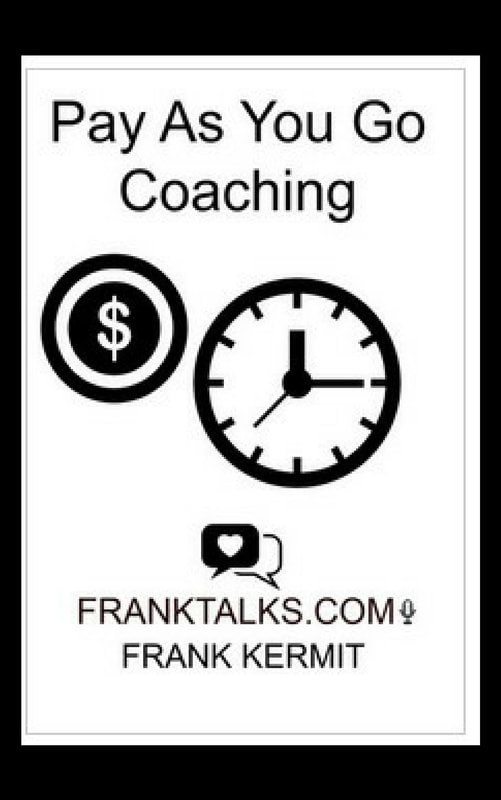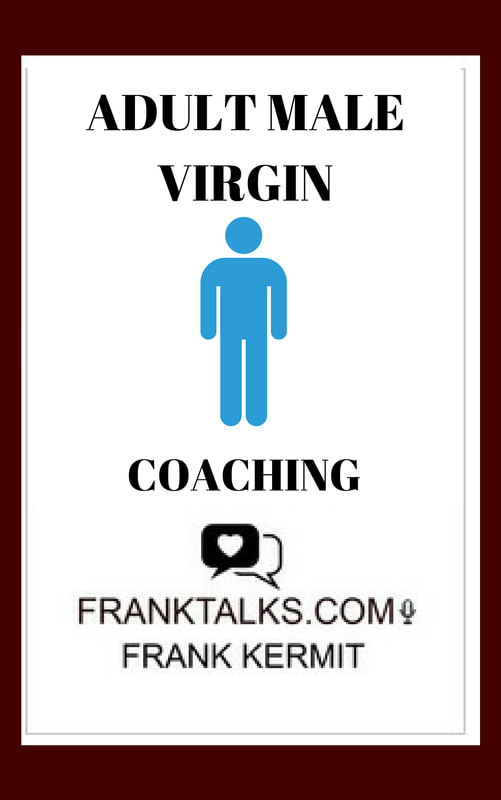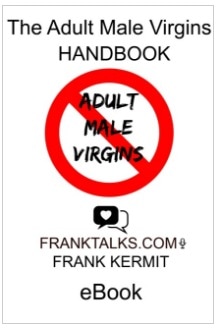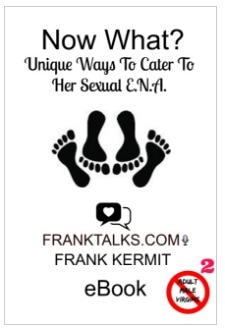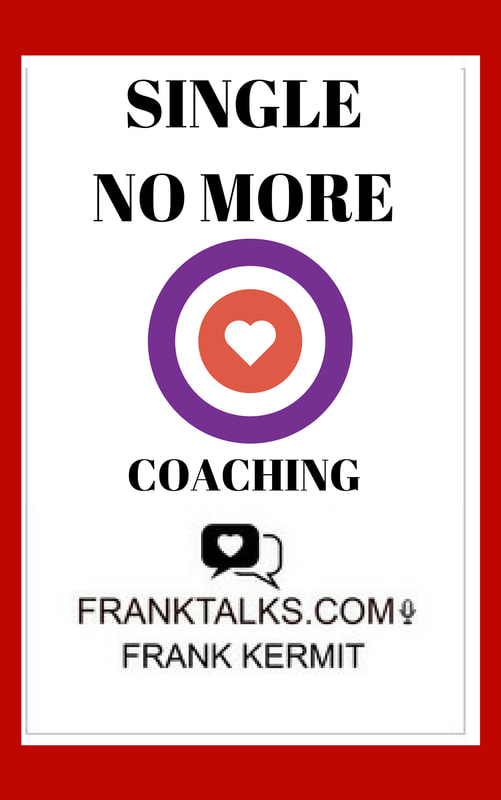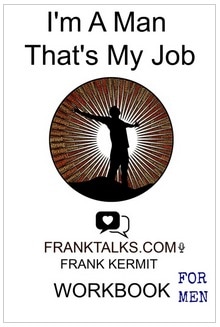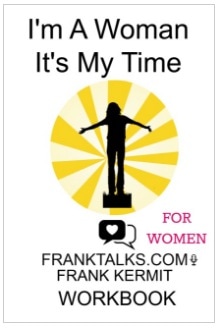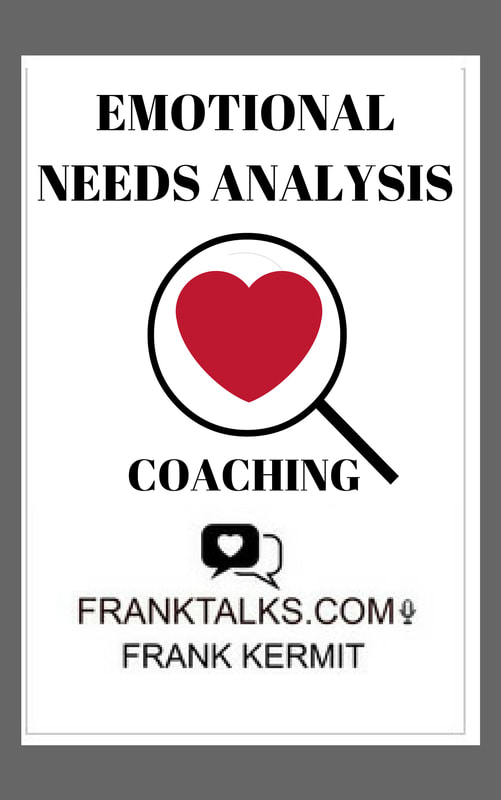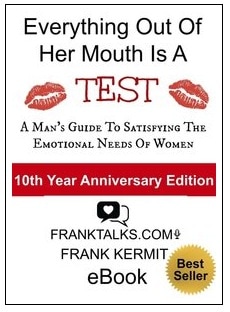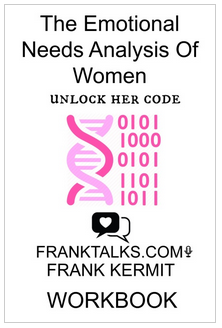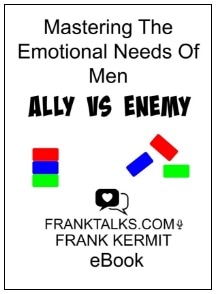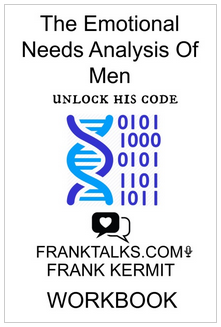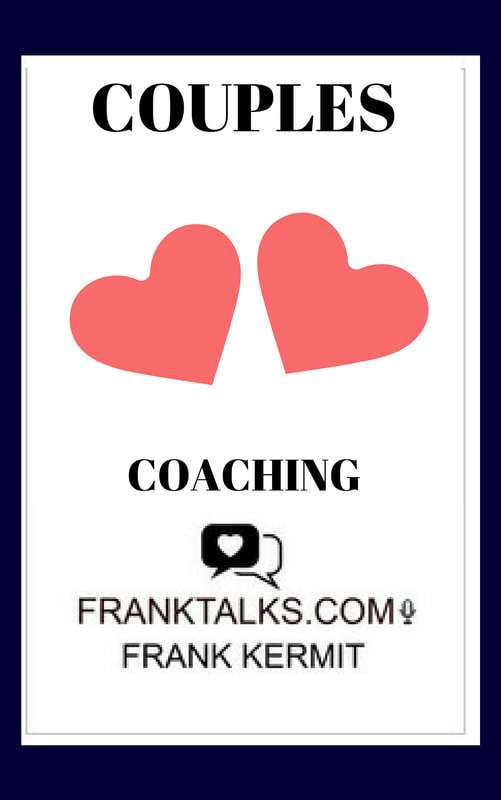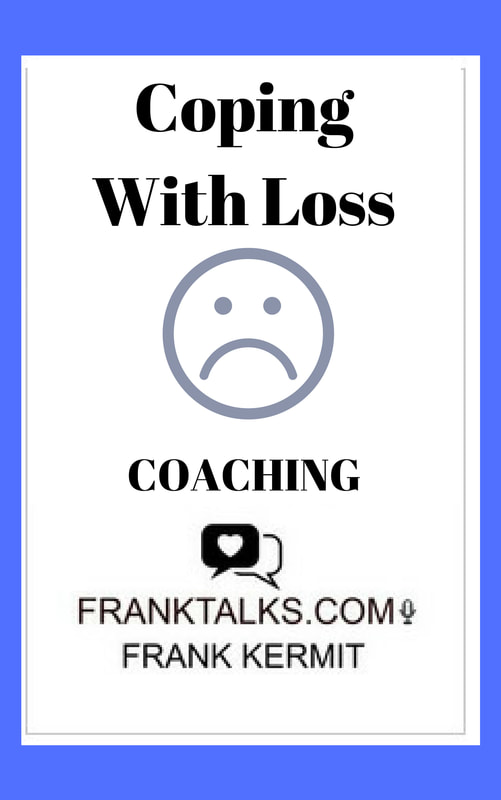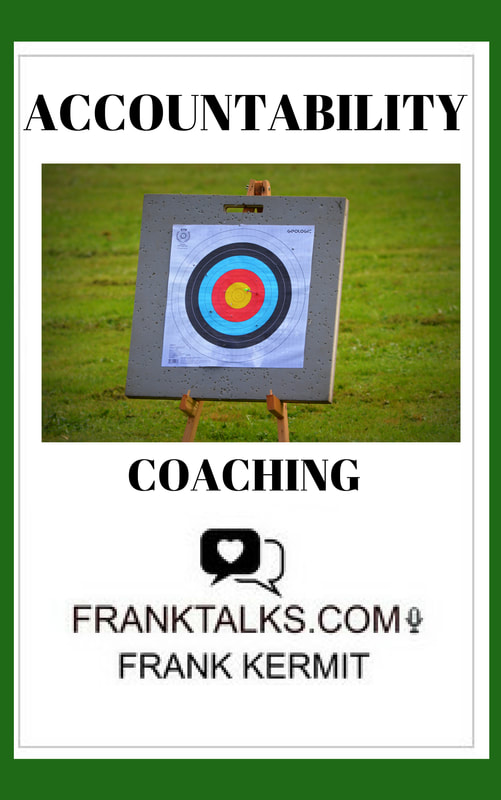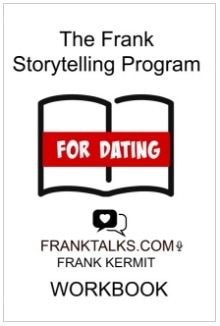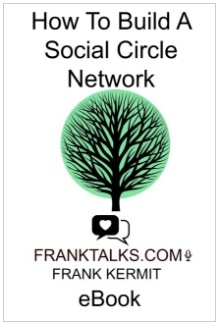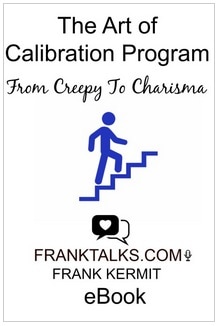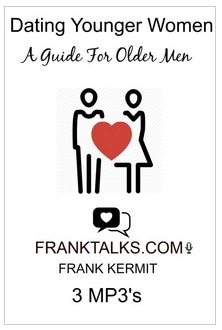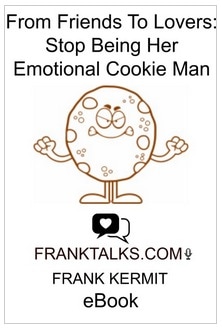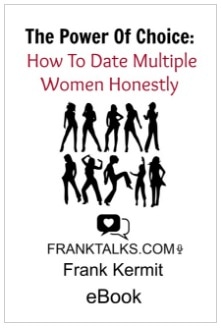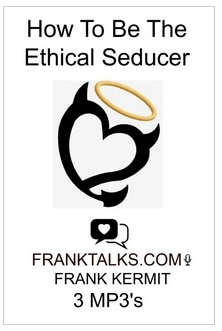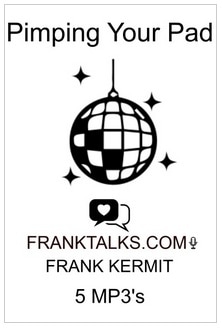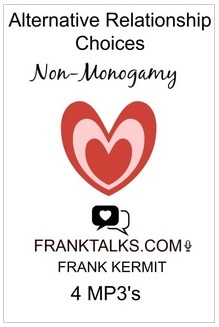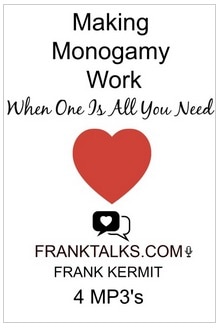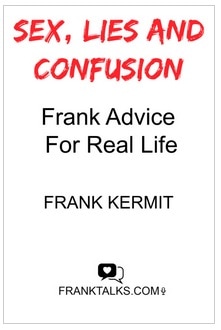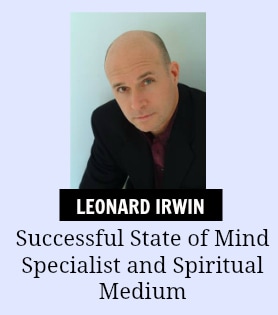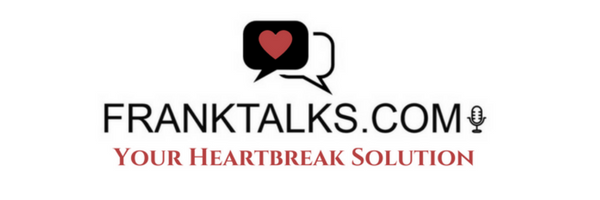|
This article is based on my coaching workbooks: I'm A Man, That's My Job and I'm a Woman, It's My Time Rejection: The Best Worst Thing That Can Ever Happen To You By Frank Kermit Rejection is the worst best thing that can ever happen to you. Managing rejection is a necessary part in managing your love life. Over the course of your life, chances are you are going to experience rejection before you find your soul mate, and you may have to reject others in that process as well. Trying to seek out love while trying to avoid rejection is like trying to walk in the rainstorm and not get even a little wet. The sooner you accept the reality that rejection is a normal part of life (albeit an unpleasant one at times) and learn to handle the negative emotions associated, the sooner you will find peace with your desires of seeking out an emotionally fulfilling love life. Whether you put yourself out there, or are on the receiving end of someone's affections, you are going to have to deal with rejection. In fact, the more you make efforts to connect with others, then more you will surely deal with rejection. For example, if you are on a spree of approaching new people, on the numbers alone, you will deal with more rejection than you previously did when not approaching new people. If you end up going on a date with someone, but do not end up in a long-term relationship with that person, it means at some point there was a rejection of sorts. In cases where you are casually dating, and someone that you were dating has ended up in a more serious relationship with someone else, even though that person never broke up with you directly (as there was no serious commitment in place) by virtue of that person choosing someone else, it is a rejection by default. Rejection is a Message When trying to understand rejection, rejection is at its core a message. The question is not why rejection exists; the question is actually, what is the message that a particular rejection is trying to communicate to you. Understanding how to interpret the correct message in each rejection is the key to mastering managing rejection. Before getting into understanding rejection, it is important to understand that unless you are under a particular stage of personal development or are constantly getting rejection to the point where you have not had a date in over a year, keep in mind not to read too much into a rejection. More often that not, rejection has less to do with you as a person, and more to do with what is going on in another person's life. I hear it in my practice all the time how the reasons that someone rejected another had little to with the person they rejected and more to do with that person's own issues. For example, people with a fear of intimacy will go out of their way to find reasons to reject others, blaming the other person, when in fact, they are simply running scared from potentially emotionally healthy relationships or even just sex. Other times, the person is so hooked on waiting for a particular person, that they refuse to take a chance on someone new and will reject all advances. Sometimes, the person is in a "complicated relationship" (which is really a politically correct way of saying they are too scared to make a clean and final break up and move on) and they do not know if they are even single enough to date someone else. It could generally be that the other person rejects you based on the way you approached. Most rejections are not anything to read into, as most people rejecting you likely know nothing about you. Now with that said... When trying to change your behaviors and developing yourself, for the purposes of attracting a soul mate, rejection becomes a great learning tool. Whether your goal is to get a major commitment, sex with the person you are seeing, or even just managing to get someone to date you at all, a rejection from achieving your goals can be a good message about what you are doing wrong, and what you should try next. I often find that asking the person who rejected you why they rejected you, is in fact, NOT the best way to figure out what you did wrong. In many cases, the person who rejects you cannot properly articulate why you got rejected. Most people THINK they know why they rejected someone, only to have that particular reason not matter, when they do not reject somebody else that had the similar trait. That is part of what makes the learning process in relationships so challenging. You can only really ascertain why pervious partners rejected you when you succeed in not being rejected by future partners. In other words, you will know the true reasons you constantly got rejected only after you change your behaviors and no longer get rejected. Prior to my own personal development I was often told that I was being rejected for being overweight. During my personal development phase, I experimented with countless new behaviors to discover how to make myself more seductively attractive. In time, the weight no longer mattered for the majority of people (there will always be a minority that care too much), because I changed the REAL REASONS that I was originally getting rejected; my overall behaviors that were unattractive, for example: being too nice instead of asserting my boundaries. In certain areas of life, relationships being one of them, it is like first being given the test, and then being taught the lesson afterwards. When you are romantically interested in a friend that you has gotten to know you well enough, and decide to chance taking it to the next level and your friend rejects your advances, it should be interpreted as an insult. A stranger does not know you enough for a rejection to be insulting. A friend however knows you enough to know that you make a good friend, which is a key component to making a long-term relationship work. When your friend would rather keep you as a friend, rather that even try, just for one first date, to explore what more the two of you can be, that is an insult. Basically, the message is that you are good, but not good enough to even make the effort to check out if there could be something more undiscovered which could develop into a meaningful relationship. For that reason, when a friend rejects your romantic intentions, it is best to distance yourself from that friend, or end the close friendship altogether. Staying friends with a friend who consistently rejects you (assuming that you keep hoping the friendship will blossom into more) does an emotional damage to the one that keeps hoping for change. The biggest error that people make when trying to interpret rejection is they do not distinguish the difference between being rejected for incompatibility (a particular person does not see a realistic future for this coupling) and being rejected because a person that is unlovable. When I lost my ex-fiancé to my then best friend, there were a few different ways I could have interpreted that rejection. On the one hand I could have understood that she felt he was better suited to addressing her emotional needs than I. On the other hand, I could have understood that there were behaviors that I needed to improve on so that I would not have acted in a way that made me less desirable as a partner. Even more, I could have assumed that they were meant to be, and it was wrong of me to stand in their way. I could have also tried to understand that maybe her and I would simply not have worked out anyway because we really were that different and that if it wasn't my then best friend, it would have been someone else that got in the middle of it. At the time, I was so overwhelmed with negative emotions that the only interpretation I could come up with was that I was not worthy of love. I felt that I was too unlovable to ever really deserve a relationship. It took me years to deal with that demon and slay it. How different my life would have been had I learned to better interpret rejection. Then again, I would not be the very relatable relationship coach I am today without those horrible years of self-actualization. Time has given me another great interpretation of rejection: Dodging a bullet. There are times that rejection is actually a blessing, although it does not seem like that in the moment. There are times when the only worse thing than not getting the date, is actually getting the date. When I look back over the course of my life, and happen to follow up on past interests that have rejected me, I sometimes find myself grateful that I got rejected, seeing how their lives unfolded. I do not wish malice on anyone from my past, however, to see how some of their lives turned out does make me realize that not having gotten involved with them may have turned out to be a great blessing that I simply could not appreciate at the time. Think back to every time you ended up dating someone that you wished you hadn't. Chances are that someone that rejected you could have given you a worse relationship experience...and the fact you dodged that bullet is something you can be thankful for. To use a career-related analogy, if the workplace environment is a toxic one, then the only worse thing than not getting the job, is actually getting it. So the next time you get rejected, be mindful that what you don't know, isn't necessarily better than what you could have found out too late. The mark of true unshakable confidence is when you know, and trust in, your own value and recognize what you bring in to the relationship table. When "the feast" rejections your dish, it will be the dish with unshakeable confidence that will state that the feast doesn't realize the value of the dish it just turned away. Now, anyone with false bravado can say it, but so few people really believe in themselves enough to see themselves as a prize worth cherishing. The sign they do not see themselves as a prize? They stay in unfulfilling relationships. People who value themselves do not stay in unemotionally unhealthy and abusive relationships. There are people who do see themselves as a prize, but that aren't. These people come across as creepy or are simply delusional people. The difference between those peoples with unshakeable confidence from those who are delusional is that the crowds who have unshakeable confidence back up such beliefs of self worth through actions. Under their table of confidence are works that make up the legs to hold it up. They have taken stock of how they live their lives being congruent taking actions that are in line with their own belief systems. They do not take themselves for granted, and do not allow others to do it either. They have learned how to navigate the fears of abandonment in exchange for being alone rather than being with the wrong person. Managing rejection, is at the heart, of reaching a point of loving yourself, and holding out for someone to love you at that same level, keeping your expectations realistic. If you do not have faith in yourself, and appreciate what you have to offer, you run the risk of misinterpreting any rejection you encounter. At that point, you are rejecting yourself, instead of being the one person that you need most in your corner. Frank Kermit
1 Comment
Barak
1/7/2018 01:24:16 am
Fantastic article Frank. It is very easy to blame oneself and feel bad about it rather than believing in yourself and be understanding.
Reply
Leave a Reply. |
Categories
All
Archives
June 2024
NDG Encore Singing Chorus **** Every Friday Night Dr. Laurie Betito Quotes
|
|
FRANK KERMIT MA
EXPERT RELATIONSHIP COACH HELPING PEOPLE CONNECT |
ALL COACHING IS BY TELEPHONE OR SKYPE ONLY INTERNATIONAL CLIENTS ARE WELCOME *INTERNATIONAL CLIENTS ARE RESPONSIBLE FOR LONG DISTANCE PHONE CHARGES, +1 Canada/USA* SKYPE IS PREFERRED. IT'S FREE AND EASY TO USE FROM ANYWHERE IN THE WORLD TELEPHONE: +1-514-680-3278 EMAIL: [email protected] SKYPE: frank kermit PLEASE NOTE THAT ALL SALES ARE FINAL. NO REFUNDS OR EXCHANGES
|

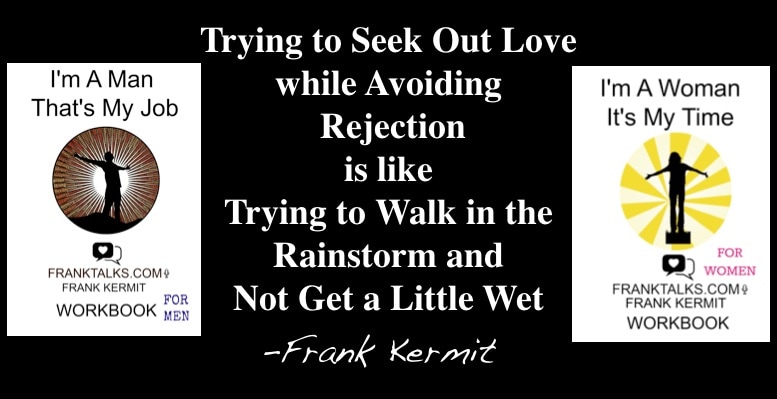
 RSS Feed
RSS Feed


